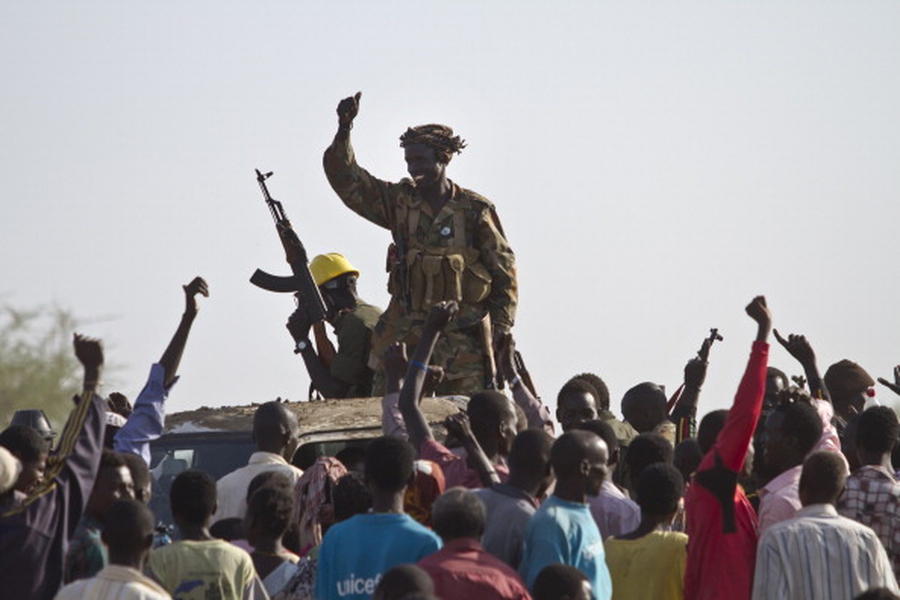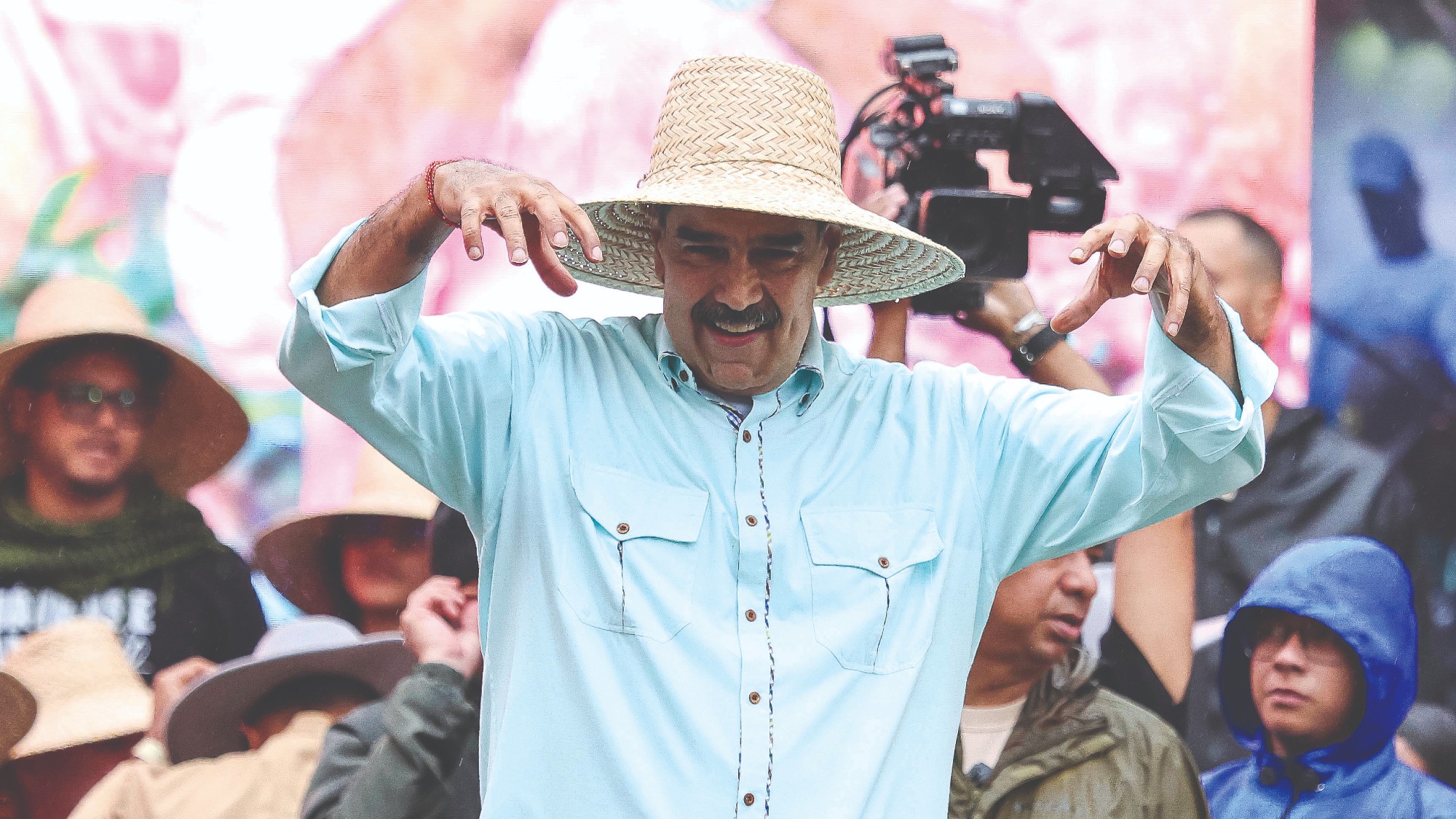South Sudan is turning into an ethnic bloodbath
AFP


Last week, hundreds of residents of Benitiu, the capital of oil-rich South Sudan state Unity, gathered in a mosque for safety as rebel troops took the town from government forces. Instead, United Nations peacekeepers say, thieves were waiting to rob the people of their money and cell phones, then gunmen entered and opened fire, indiscriminately slaying hundreds of civilians, including children and the elderly.
"Piles and piles" of bodies were left in the mosque, town hospital, and along the roadside, Toby Lanzer, the top U.N. aid official in South Sudan, tells The Associated Press. The hundreds of dead add to the thousands killed since December when the largely ethnic Nuer supporters of former Vice President Riek Machar started warring with the largely ethnic Dinka supporters of President Salva Kiir.
But the April 15-16 mass killings in Benitiu, carried out by Nuers, are "quite possibly a game-changer," Lanzer said. That's because, like the two-decades-old genocide in Rwanda, the Benitiu massacre was preceded by exhortations on the radio for revenge attacks and rapes. "It's the first time we're aware of that a local radio station was broadcasting hate messages encouraging people to engage in atrocities," Lanzer says. "And that really accelerates South Sudan's descent into an even more difficult situation from which it needs to extract itself."
The Week
Escape your echo chamber. Get the facts behind the news, plus analysis from multiple perspectives.

Sign up for The Week's Free Newsletters
From our morning news briefing to a weekly Good News Newsletter, get the best of The Week delivered directly to your inbox.
From our morning news briefing to a weekly Good News Newsletter, get the best of The Week delivered directly to your inbox.
A free daily email with the biggest news stories of the day – and the best features from TheWeek.com
Peter has worked as a news and culture writer and editor at The Week since the site's launch in 2008. He covers politics, world affairs, religion and cultural currents. His journalism career began as a copy editor at a financial newswire and has included editorial positions at The New York Times Magazine, Facts on File, and Oregon State University.
-
 Political cartoons for January 11
Political cartoons for January 11Cartoons Sunday’s political cartoons include green energy, a simple plan, and more
-
 The launch of the world’s first weight-loss pill
The launch of the world’s first weight-loss pillSpeed Read Novo Nordisk and Eli Lilly have been racing to release the first GLP-1 pill
-
 Maduro’s capture: two hours that shook the world
Maduro’s capture: two hours that shook the worldTalking Point Evoking memories of the US assault on Panama in 1989, the manoeuvre is being described as the fastest regime change in history
-
 Nobody seems surprised Wagner's Prigozhin died under suspicious circumstances
Nobody seems surprised Wagner's Prigozhin died under suspicious circumstancesSpeed Read
-
 Western mountain climbers allegedly left Pakistani porter to die on K2
Western mountain climbers allegedly left Pakistani porter to die on K2Speed Read
-
 'Circular saw blades' divide controversial Rio Grande buoys installed by Texas governor
'Circular saw blades' divide controversial Rio Grande buoys installed by Texas governorSpeed Read
-
 Los Angeles city workers stage 1-day walkout over labor conditions
Los Angeles city workers stage 1-day walkout over labor conditionsSpeed Read
-
 Mega Millions jackpot climbs to an estimated $1.55 billion
Mega Millions jackpot climbs to an estimated $1.55 billionSpeed Read
-
 Bangladesh dealing with worst dengue fever outbreak on record
Bangladesh dealing with worst dengue fever outbreak on recordSpeed Read
-
 Glacial outburst flooding in Juneau destroys homes
Glacial outburst flooding in Juneau destroys homesSpeed Read
-
 Scotland seeking 'monster hunters' to search for fabled Loch Ness creature
Scotland seeking 'monster hunters' to search for fabled Loch Ness creatureSpeed Read
